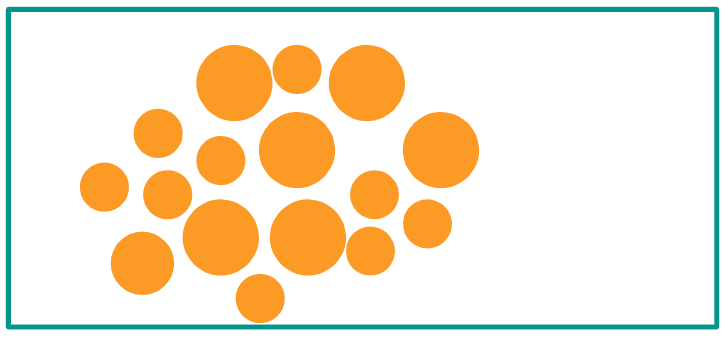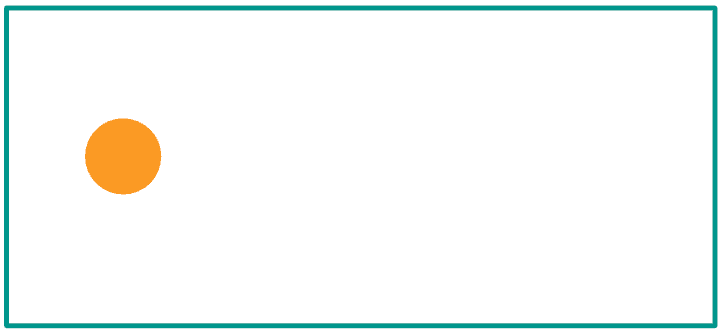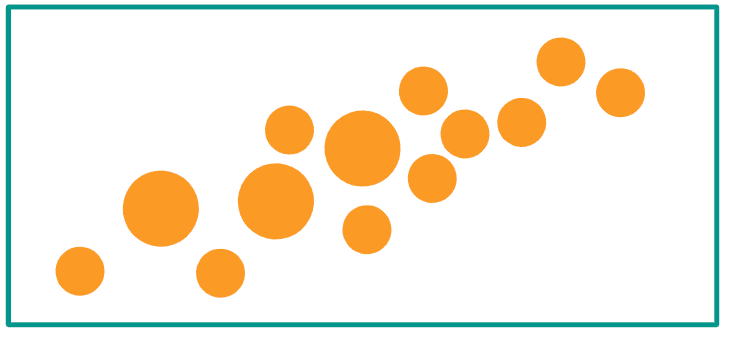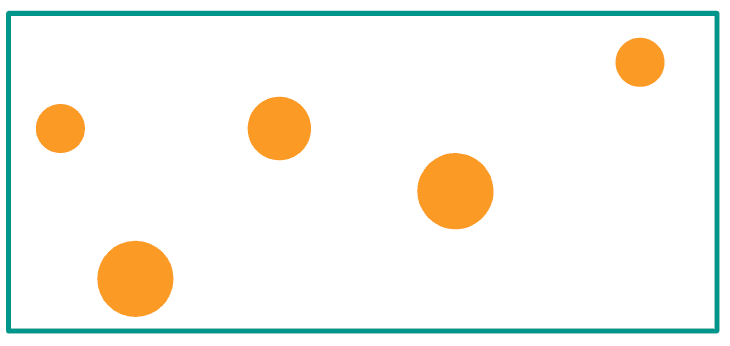Myths about teaching can hold you back
Learn why
Lesson 4 of 10
- Year 2
How are settlements shaped?
Settlements come in all sorts of shapes and sizes. In today's lesson we will be thinking about why settlements take the shapes that they do. This will involve taking a trip back in history to think about the first time that humans began to settle!
Lesson 4 of 10
- Year 2
How are settlements shaped?
Settlements come in all sorts of shapes and sizes. In today's lesson we will be thinking about why settlements take the shapes that they do. This will involve taking a trip back in history to think about the first time that humans began to settle!
These resources were made for remote use during the pandemic, not classroom teaching.
Switch to our new teaching resources now - designed by teachers and leading subject experts, and tested in classrooms.
Lesson details
Key learning points
- How early settlements were different to settlements today
- How settlements vary in shape
- How settlements have patterns
Licence
This content is made available by Oak National Academy Limited and its partners and licensed under Oak’s terms & conditions (Collection 1), except where otherwise stated.
5 Questions
Q1.Which of these are natural resources that might make humans settle in a location? (Choose three)
Which of these are natural resources that might make humans settle in a location? (Choose three)
Active volcanoes
Cold weather
Desert
Earthquakes
Large predators
Q2.What is the population of China?
What is the population of China?
About 1.4 million people
About 14 billion people
About 140 million people
Q3.True or false? All places around the world have the same natural resources nearby.
True or false? All places around the world have the same natural resources nearby.
True
Q4.Which of these is in order from smallest to largest?
Which of these is in order from smallest to largest?
City, Village, Town
Town, City, Village
Q5.Skara Brae had a lake nearby.
Skara Brae had a lake nearby.
False
5 Questions
Q1.What type of settlement pattern is this?
What type of settlement pattern is this?

Dispersed
Isolated
Linear
Q2.What type of settlement pattern is this?
What type of settlement pattern is this?

Dispersed
Linear
Nuclear
Q3.What type of settlement pattern is this?
What type of settlement pattern is this?

Dispersed
Isolated
Nuclear
Q4.Which type of settlements began to develop during the industrial revolution?
Which type of settlements began to develop during the industrial revolution?
Campsites
Coastal towns
Villages
Q5.What type of settlement pattern is this?
What type of settlement pattern is this?

Isolated
Linear
Nuclear

